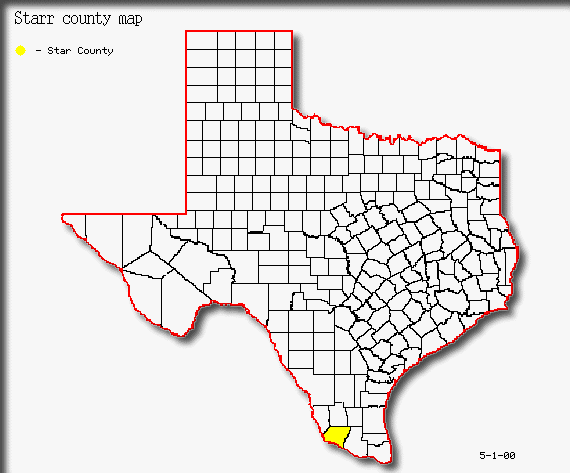
The Starr county melon strike helped Texas citizens become aware of the "rinche" violence and unfair labor practices in the lower Rio Grande Valley. The strike took place during the years of 1966 and 1967 and was a dispute between farm workers and owners over wages. The standard minimum wage for farm labor at that time was a mere twenty-five cents per hour. According to Bailey, "The workers demanded a minimum wage of $1.25 an hour and "recognition as a bargaining force" in the Valley." Eugene Nelson, who was one of the strike captains from Delano, organized the farm workers in Texas. The strike began on June first 1966; within a twenty-four hour period there was a restraining order against the picketing of farms. "Despite the court order, the strike was kept alive by rallies and marches in the valley communities. The growers, concerned that millions of dollars in melons would rot in the fields, sent trucks and word to Mexican border towns that green-card workers were welcome." (Kostyu 103) As a result of this, Nelson organized the picketers to strike along the international bridge in order to convince the strikebreakers to turn back home. (Kostyu 104) Nelson, and others were arrested. Many of the picketers were arrested for "abusive language" because they were shouting "Viva la huelga". Gil Padilla was arrested for "disturbing a jailer" because he was reciting the Lord's Prayer on the steps of the courthouse. (Kostyu 105-106) Frequently the Texas Rangers would arrest the protestors, in order to enforce the law. Many of these arrests were protested by the union and, "later the courts, alleged that the arrests were uncalled for and that the bonds were excessively high." (Bailey) Many of the laws were eventually deemed unconstitutional. As the season went on the picketing was ineffectual and ended by late June. (Bailey)